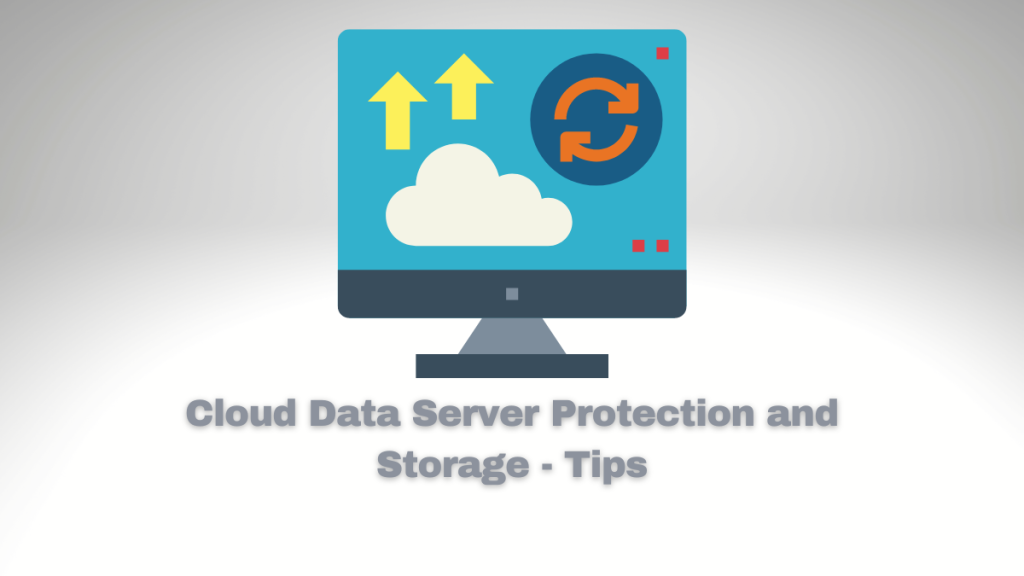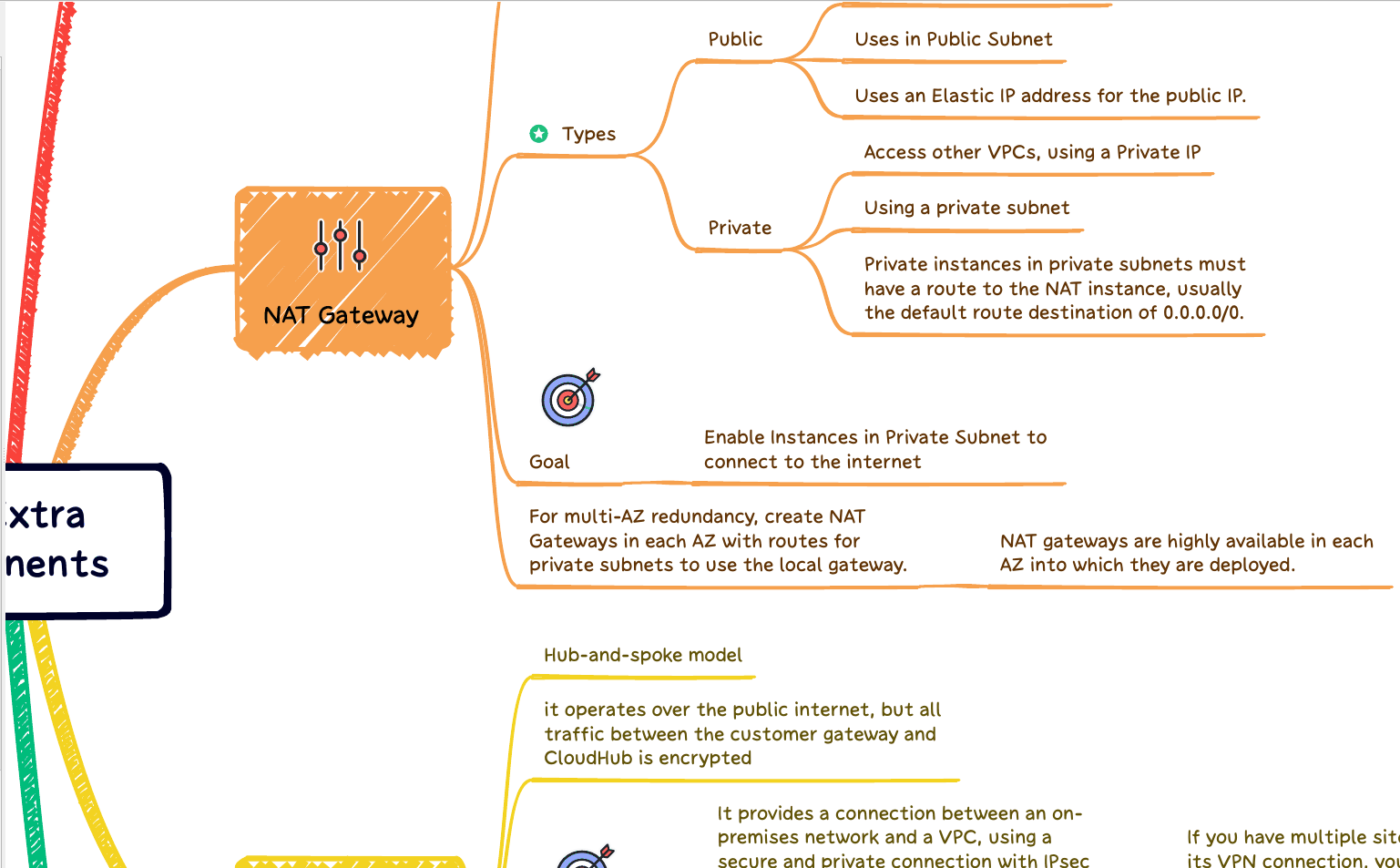The popularity of cloud or cloud computing technology has been increasing in recent years. By using a cloud server, users can more quickly launch their applications to market. Cloud computing uses remote resources which will save the company on servers and other hardware costs.
In addition, data security is also more guaranteed because hardware failure will not cause you to lose data. This is because the data backup is stored on the network. How does a cloud server ensure data security and user privacy?
The Importance of Data Safety
Along with the development of the digital economy, cybersecurity is a very important thing for you to pay attention to. This applies to almost all industries, one of which is the banking industry.
As a business that manages a lot of user data every day, of course, effective digital security is very important for the banking industry. By risking large amounts of users’ personal and financial data, it will pose a serious risk if the financial system or bank is attacked by cyber threats such as hackers or ransomware.
According to an analysis by the Financial Services Information Sharing and Analysis Center (FS-ISAC), cyber attacks, especially ransomware, are still the biggest threat to the banking industry worldwide. The number of cases is increasing from year to year.
Therefore, in managing servers, it is important for you to take various precautions so that the system does not become a target for cyber attacks. This preventive action can prevent websites from various data loss risks and keep your server safe. It’s really important as servers play an important role in the processing and storage of business-sensitive data.
Benefits of Cloud Computing for Businesses
The first benefit of Cloud Computing is to simplify infrastructure. An information system and corporate data require good IT infrastructure management or management, by using cloud computing, companies no longer need to worry about this.
Because cloud computing service providers have provided services for infrastructure management matters, companies only need to use their cloud computing services.
Second, the benefit of Cloud Computing is reducing risk. In this case, companies are required to be selective in choosing cloud computing services that can really be trusted. By using the facilities of a trusted cloud computing service provider, companies are assisted in reducing the risk of data loss, and the risk of server maintenance.
In addition, for example, if the company’s IT technician moves to work, it will automatically affect application maintenance. The solution offered by cloud computing is to reduce the level of risk, all needs are completely available on the cloud server and everything is integrated.
Cutting IT costs is the third benefit of cloud computing. An application or data storage requires a special device capable of serving many requests simultaneously. So for this purpose, a server computer is needed, and server computers have relatively more expensive prices than ordinary computers for users.
In addition, server and application maintenance costs are also required. By only using cloud computing services, companies can cut these relatively high costs.
The last benefit of cloud computing is to support the practical side. Today’s IT technology is demanded to be able to demand a variety of services to serve each company’s needs and at the same time be demanded to be simpler in use, cost, time, and infrastructure.
The safety of cloud servers is definitely needed not only for businesses but also personal use. But, rather than dealing with much complexity, you may use a VPN router instead. There are some benefits of using a VPN Router, like better connection stability and protecting your IP from various security risks. So, if you desire additional safety for personal use, try a VPN router.
Tips for Better Cloud Server Protection
Having a cloud that works optimally to support company performance is the main goal of every cloud user. The smoothness of the application in it can greatly affect the productivity of the company.
To maintain good cloud performance, a security system is needed that can prevent your cloud infrastructure from cyber attacks. Check out some ways to secure your cloud infrastructure below:
Installing Firewalls
A firewall is one of the tools used to secure your cloud server from cyber threats that are spread across the internet network. As the name suggests, how a firewall works can be imagined as a firewall that protects the security of cloud servers and your data. With a firewall, you can control traffic activity and data going in and out of your network.
Firewalls have 2 types, namely hardware and software. An example of a hardware or hardware based firewall is a router.
In order to work, the router must be configured first. After that, the router will become a barrier between the cloud server and the outside network, by filtering and determining what packets or data can go in and out of your server.
Meanwhile, software-based firewalls are usually in the form of applications or additional features of an anti-virus. This firewall is commonly used by computers and internet users everywhere. You just need to install it on your computer or cloud to start using it. Software-based firewalls can usually protect your cloud infrastructure from Trojan viruses and Worms.
Broadly speaking, the function of a Firewall is to protect the cloud and the data in it from attacks by cybercriminals and unknown users. Firewalls can also block unwanted messages and content, monitor bandwidth, and so on.
Using SSH-Keys
SSH stands for Secure Shell, a network security protocol that uses cryptographic technology. SSH is used to ensure the security of communication and data transfer processes from cybercrime threats such as data theft, identity, and other hacking activities. For that, using SSH keys is highly recommended for cloud users.
SSH allows you to modify and control a device remotely or remotely. As a secure data transfer medium, SSH-Keys uses encryption technology to provide secure access when users log in to your server. SSH keys provide two types of authentication, namely private and public keys, the private key is an authentication that is secret only for the user, while the public key is allowed to be shared.
Every authentication, including password authentication, uses encryption technology. This is done to maximize security. As you know, today’s cyberattacks can work in more complex ways. Hackers can try to access your server many times especially if the server has a public IP address, by continuing to combine passwords until the right one is found.
Cryptographic technology uses 3 encryption systems, namely symmetric, asymmetric, and hashing, which SSH has, making it a more complicated security system to hack. So you don’t have to worry about data loss due to cyber-attacks.
Using VPNs
VPN or Virtual Private Network is a technology that functions to secure the internet connection used. As the name suggests, VPN allows its users to access the internet privately by changing the connection path and hiding the data exchange that occurs.
VPN was originally used for companies only to access the internet securely, but now everyone can install a VPN on their device. Basically, a VPN connects a device (PC, Smart Phone, etc.) to another internet-connected device, and lets us browse using that other device’s network.
The VPN function on cloud infrastructure is almost the same. VPN helps its users to create a secure network by creating two networks namely private and public.
Your server network will be on a private network that only certain people can access. Meanwhile, certain applications that need to be accessed by clients will be presented publicly. That way the security of your infrastructure network will be maintained.
Utilize Cyber Protection Services
Securing cloud infrastructure independently can be complex and inconvenient. There are many things that need to be done such as analyzing, monitoring, and following up on cyber attacks that occur. On the other hand, cyber-attacks will continue to occur, if the user is negligent, losses cannot be avoided.
Utilizing cyber protection services or cyber security can be one solution. Especially, if your company doesn’t have human resources that can handle the security of your cloud infrastructure.
Currently, many companies offer cyber protection services with various facilities and benefits offered. These cyber protection services generally offer comprehensive protection. Starting from monitoring your cloud infrastructure to ensure security, to helping manage end-to-end infrastructure security.
To streamline your budget, you can choose a cloud provider that offers services according to what you need.
However, you still have to choose a cyber protection provider with good service quality. For example, a service provider must have the latest technology, a support service that is on standby 24/7 and responsive in providing solutions, and a verified security system with ISO27001.
Have a Backup Plan
In a cyber security system, backup is the minimum step that must be done. Backup itself is an activity of duplicating data that aims to be able to recover lost or damaged data and minimize losses.
Backups can be done in two ways, namely offline and online. Offline backup is when someone duplicates a file, then saves the duplicated file on a hard drive such as a flash drive or SSD. Meanwhile, online backup when duplicated data is stored in cloud storage.
Even when deciding to backup online, it is divided into two ways, namely manually and automatically, which is usually called a backup plan. As the name suggests, manual means you have to diligently duplicate data that needs regular backups, and store it yourself in cloud storage.
Meanwhile, in the backup plan, you can set your backup schedule, and your data will automatically be backed up regularly.

